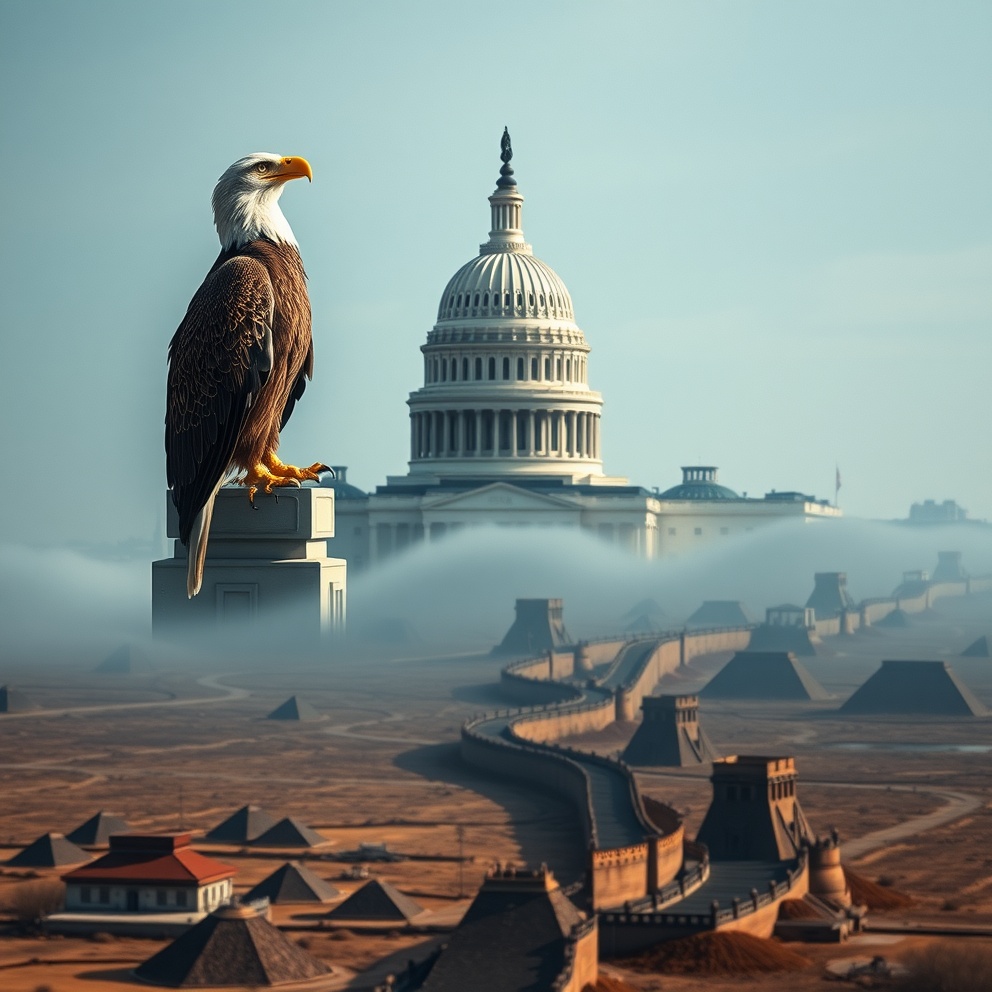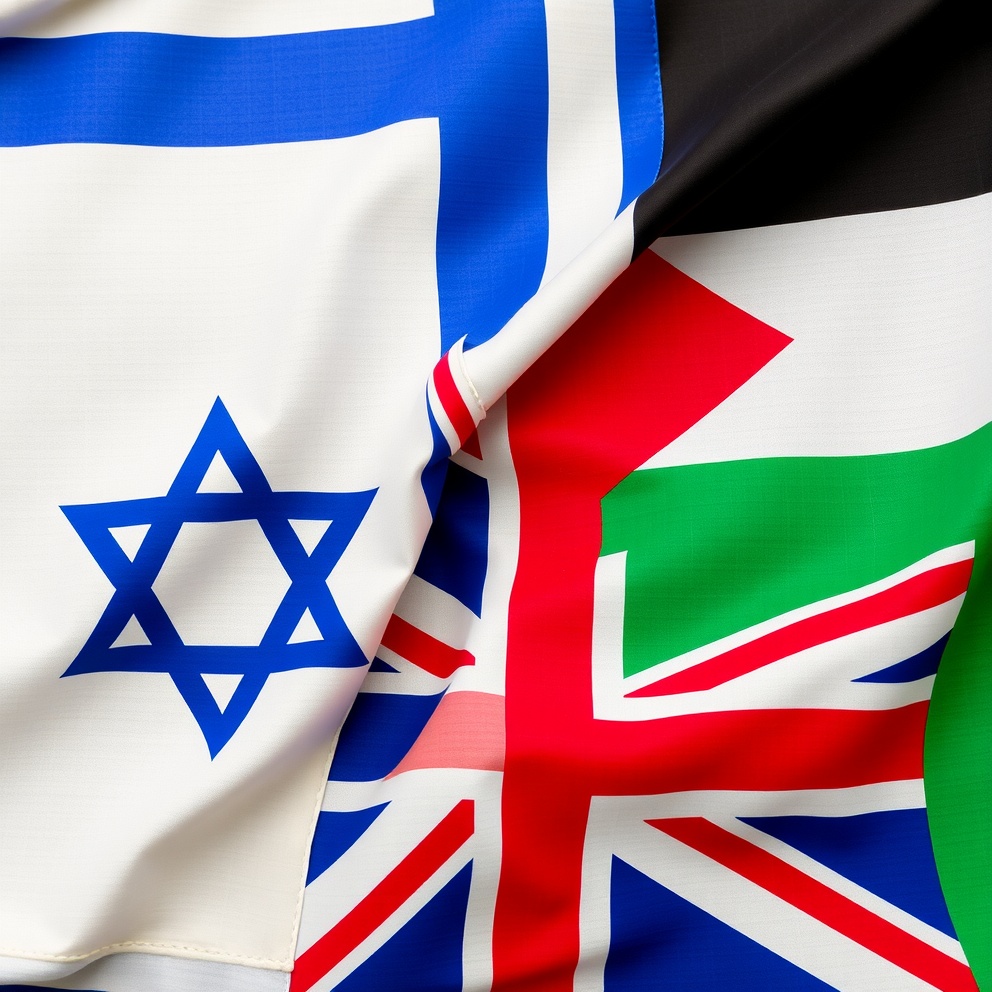Syria’s Islamists Push for Radical Education Reform
As the world watches with bated breath as Syria slowly rebuilds itself after years of devastating war, a new threat to the country’s secular traditions has emerged in the form of an Islamist-led government. The introduction of a revised school curriculum that reflects an increasingly Islamic slant has sparked concern among activists and educators, who fear it will undermine the country’s long-held commitment to secularism.
A Radical Shift
The changes, which have been met with widespread criticism from those who value Syria’s rich cultural heritage, include the removal of references to the Assad era, as well as the introduction of more Islamic content. The new education minister, Nazir al-Qadri, has downplayed the changes, stating that they are minor and will remain in place until specialized committees review and revise them. However, activists and educators argue that this is a clear indication of the government’s intentions to impose an Islamic agenda on Syrian society.
The removal of references to the Big Bang theory and evolution from science teaching has sparked particular alarm among those who value critical thinking and intellectual curiosity. In an era where Syria needs all the innovation and creativity it can get, removing these fundamental concepts from the curriculum is nothing short of catastrophic for the country’s future prospects.
The Threat of Radicalization
One of the most disturbing aspects of this revised curriculum is its potential to promote radicalization among young Syrians. By introducing more Islamic content and removing references to pre-Islamic gods and statues, the government is essentially promoting a narrow and intolerant worldview that will only serve to further polarize an already divided society.
Radicalization is not just a threat to Syria’s secular traditions; it is also a threat to regional stability. A country like Syria, which sits at the crossroads of Europe, Asia, and Africa, has always played a significant role in promoting cultural exchange and understanding. However, with this revised curriculum, Syria risks becoming a hotbed of intolerance and extremism.
The National Dialogue Conference
In an effort to address these concerns, the government held a National Dialogue Conference earlier this year with various communities. While some welcome this move as a step towards greater participation and representation, others argue that it is too little, too late. By unilaterally introducing changes to the curriculum without consulting all sections of society, the government has effectively undermined its own promises.
The protests that have been called ahead of the start of the new school term on Sunday are a testament to this frustration. Activists and educators are coming together to express their opposition to these changes and demand greater participation from all sectors of Syrian society.
A Warning Sign
While some may view this revised curriculum as a minor issue, it is nothing short of catastrophic for Syria’s future prospects. By promoting radicalization and intolerance among young Syrians, the government risks creating a generation of individuals who are ill-equipped to deal with the complexities of modern life.
As the world watches with bated breath as Syria slowly rebuilds itself after years of devastating war, this revised curriculum serves as a warning sign that the country’s Islamist-led government is committed to imposing its own brand of radicalism on society. If left unchecked, this will have far-reaching consequences not just for Syria but for the entire region.
A Call to Action
As Syrians prepare to head back to school next Sunday, it is clear that the battle lines are drawn. Will the country’s Islamist-led government succeed in imposing its radical agenda on Syrian society, or will activists and educators be able to mobilize enough opposition to block these changes? Only time will tell.
One thing is certain: this revised curriculum serves as a stark reminder of the dangers of extremism and intolerance. As Syria rebuilds itself after years of devastating war, it must do so with a commitment to secularism, tolerance, and understanding. Anything less would be a betrayal not just of its own values but also of the global community that has watched in horror as this beautiful country was torn apart by conflict.
The Future of Education
As Syria’s Islamist-led government continues to push for radical education reform, it is essential that we examine the potential impact on the future of education. By promoting a narrow and intolerant worldview, the government risks creating a generation of individuals who are ill-equipped to deal with the complexities of modern life.
The removal of references to the Big Bang theory and evolution from science teaching is nothing short of catastrophic for the country’s future prospects. In an era where Syria needs all the innovation and creativity it can get, removing these fundamental concepts from the curriculum will only serve to further stifle intellectual curiosity and critical thinking.
The Role of Civil Society
As civil society activists prepare to mobilize against this revised curriculum, they must do so with a clear understanding of the stakes. By opposing these changes, they are not just fighting for their own rights but also for the future of Syria’s secular traditions.
In an era where extremism and intolerance threaten regional stability, it is more important than ever that we promote critical thinking, intellectual curiosity, and tolerance. As Syrians head back to school next Sunday, let us hope that this revised curriculum will be a turning point towards greater understanding and cooperation rather than further division and polarization.
Conclusion
In conclusion, Syria’s Islamist-led government has introduced a revised school curriculum that reflects an increasingly Islamic slant. While some may view this as a minor issue, it is nothing short of catastrophic for the country’s future prospects. By promoting radicalization and intolerance among young Syrians, the government risks creating a generation of individuals who are ill-equipped to deal with the complexities of modern life.
As we watch with bated breath as Syria slowly rebuilds itself after years of devastating war, this revised curriculum serves as a stark reminder of the dangers of extremism and intolerance. Only time will tell if activists and educators will be able to mobilize enough opposition to block these changes or if the country’s Islamist-led government will succeed in imposing its radical agenda on Syrian society.
One thing is certain: this revised curriculum has far-reaching consequences not just for Syria but also for the entire region. As we move forward, it is essential that we promote critical thinking, intellectual curiosity, and tolerance rather than further division and polarization. Only then can Syria truly hope to rebuild itself into a prosperous and stable nation that values its rich cultural heritage.
Final Thoughts
As Syrians prepare to head back to school next Sunday, let us hope that this revised curriculum will be a turning point towards greater understanding and cooperation rather than further division and polarization. By opposing these changes, civil society activists are not just fighting for their own rights but also for the future of Syria’s secular traditions.
In an era where extremism and intolerance threaten regional stability, it is more important than ever that we promote critical thinking, intellectual curiosity, and tolerance. Only then can Syria truly hope to rebuild itself into a prosperous and stable nation that values its rich cultural heritage.
A Call to Action
As the world watches with bated breath as Syria slowly rebuilds itself after years of devastating war, it is essential that we take action to prevent this revised curriculum from becoming a reality. By mobilizing opposition and promoting greater participation from all sections of society, we can ensure that Syria’s future is one of prosperity, stability, and understanding.
The choice is clear: will we stand idly by as Syria’s Islamist-led government imposes its radical agenda on Syrian society or will we take action to prevent this catastrophe? The fate of Syria’s secular traditions hangs in the balance.










Harmony
As I read about the revised curriculum in Syria, a disturbing echo resounds with me – the actions of our own disillusioned soldiers turning to radical means to express their frustration. When will we learn that education is not just about imparting knowledge, but also about fostering critical thinking and compassion? The Green Beret’s deadly gamble with the Cybertruck serves as a stark reminder of the devastating consequences of extremism, and I fear for Syria’s future under this revised curriculum – will it be a turning point towards greater understanding or further polarization?